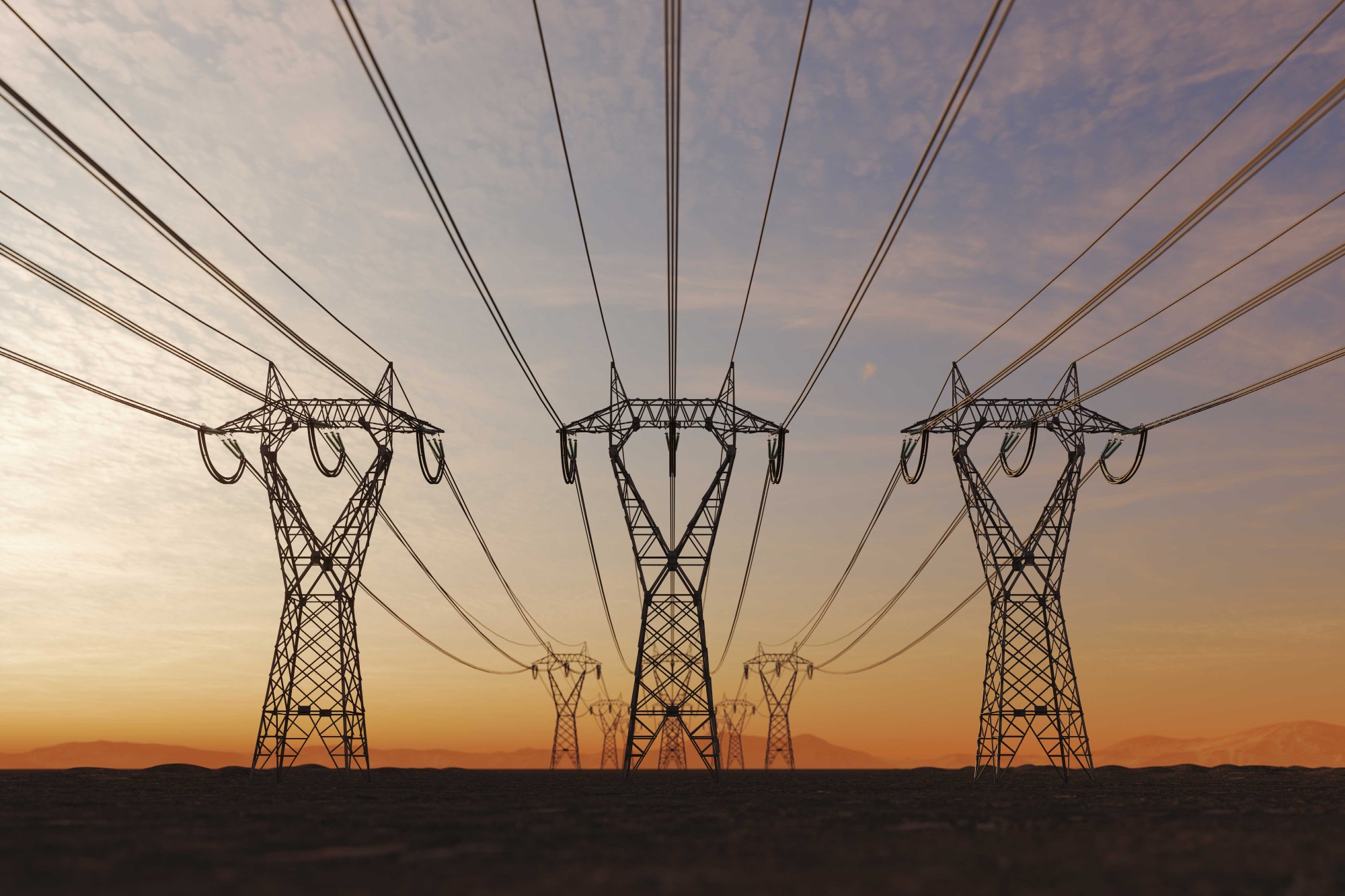New regulations to waive transmission line licensing for high-capacity energy entities
By EPR Magazine Editorial January 16, 2024 4:36 pm IST
By EPR Magazine Editorial January 16, 2024 4:36 pm IST

A generating company or an individual setting up a captive generating plant or an energy storage system of at least 25 Megawatts in the case of an inter-state transmission system shall not be required to obtain a licence.
The central government has prescribed new rules to ease business for industries like Green Hydrogen manufacturers and to facilitate energy transition and security by faster establishment of energy storage capacity. Now, consumers with more than a specified quantum of load and Energy Storage Systems (ESS) are allowed to establish, operate, and maintain dedicated transmission lines themselves without the licence requirement. By allowing such a facility, a new category of bulk consumers would emerge in the country, benefiting from more affordable electricity and enhanced grid reliability. This facility was already available to generating companies and captive generating stations.
The new rule prescribes that a generating company or a person setting up a captive generating plant or an Energy Storage System or a consumer having a load of not less than twenty-five Megawatt in the case of Inter-State Transmission System and ten Megawatt in case of Intra-State Transmission System shall not be required to obtain licence for establishing, operating or maintaining a dedicated transmission line to connect to the grid, if such company or person or consumer complies with the Regulations, technical standards, guidelines and procedures issued under the provisions of the Act.
Releasing the rules, the Minister for Power RK Singh stated that the steps taken by the government had already brought down the losses of the distribution companies from 27 percent in 2014 to 15.41 percent in 2022-23. “These rules will ensure that their losses are further reduced and their viability increases, leading them to provide better consumer services. Doing away with the industry’s license requirement for dedicated transmission lines will lead to ease of doing business for the industry, leading to faster industrial growth and more job creation,” the Minister stated.
Open Access is one of the key features of the Electricity Act of 2003. However, due to very high Open Access charges levied by some State Regulators, this facility of Open Access could not be utilised by the consumers to the desired level. To rationalise the open access charges, new rules have been prescribed with methodologies for determining various open access charges like wheeling charges, state transmission charges and additional surcharges.“This, along with rationalisation of open access charges, will lead to faster adoption of renewable energy by the industry, thus reducing emission,” the Minister said.
The rule inter-alia prescribes that for a person availing of General Network Access or Open Access, the additional surcharge shall be linearly reduced and eliminated within four years from the grant date of General Network Access or Open Access. It is also provided that the additional surcharge shall be applicable only for the Open Access Consumers who are or have been consumers of the concerned Distribution licensee. Thus, a person who has never been a consumer of the Distribution licensee would not have to pay an additional surcharge.
To ensure the financial sustainability of the power sector, the tariff must be cost-reflective, and all the prudent costs are allowed. However, some state regulators had created a large revenue gap, leading to financial distress for the distribution companies due to the disallowance of various costs incurred, including power purchase costs. To discourage such practice, there was a need to make statutory provisions to ensure no such gap. It is also imperative that liquidating any existing gaps in revenue is done in a time-bound manner. New rules are notified to ensure that revenue gaps are only created in extraordinary circumstances like natural calamity and to provide for time-bound liquidation of any gaps created.
We use cookies to personalize your experience. By continuing to visit this website you agree to our Terms & Conditions, Privacy Policy and Cookie Policy.